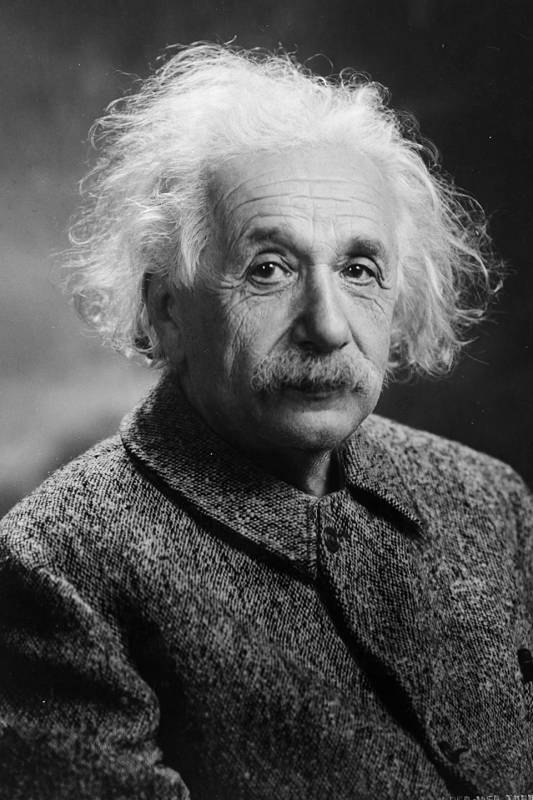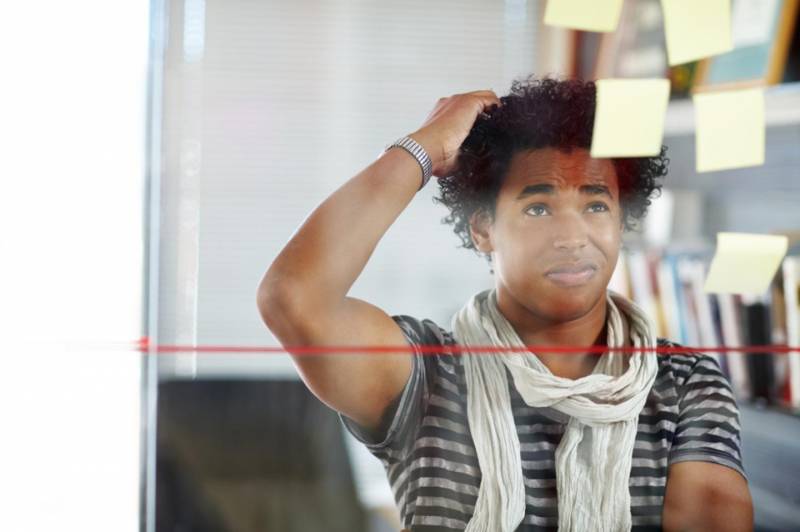
Education is not the learning of facts but the training of the mind to think – Albert Einstein
When Albert Einstein was in high school his Father asked his school’s headmaster what profession his son should pursue, the headmaster’s response was “It doesn’t matter, he’ll never make a success of anything.” Albert showed no signs of being a genius, and as an adult denied his mind was extraordinary. He said “I have no particular talent. I am merely extremely inquisitive.”
Einstein had the basic critical thinking ability of being able to cut problems down to size. It was said that “One of his greatest intellectual gifts, in small matters as well as great, was to strip off the irrelevant frills from the problem.”
While most of us can ever hope to achieve the intellectual level of Einstein, we can all strive to learn to think critically to solve both personal and workplace problems.

Critical thinking is the practice of processing information in order to make a decision, come to a conclusion or solve a problem. Think of critical thinking as a simple machine that allows you to put information in, and the machine processes the information and spits out a conclusion. That conclusion could take the form of a solution to a problem or an important decision that must be made.
Critical thinking is a high level skill that requires more than just thinking about the information you already know. It is an important skill in the workplace because it helps employees solve problems and make difficult decisions. For example, an employee could use her critical thinking skills to help a customer decide on a product that meets his specific needs. The employee would collect information about the needs of the customer, compare that information with the information she knows about the products she is selling and make a decision about what to recommend to the customer. If she uses her information well, she will have a happy customer.

You think and make decisions all the time. In fact, this very moment you might be thinking to yourself, “I make decisions every day. I already know how to think critically.” That is sort of true because your mind is always working, thinking about what’s happening around you, what you’re doing or something someone is saying to you. However, not all thinking is critical thinking.
Have you ever heard someone tell you to use your critical thinking skills? As the name suggests, critical thinking requires skills or a learned ability to do something. So how do you develop or learn critical thinking skills? The Critical Thinking Skills program breaks down critical thinking into the following six skill areas:
1. Gathering Information
2. Analyzing Information
3. Applying Information
4. Forming a Hypothesis
5. Problem Solving
6. Decision Making
This is the beginning of a six part series on critical thinking. Stay tuned to upcoming posts to learn more about the Conover approach to Critical Thinking.
